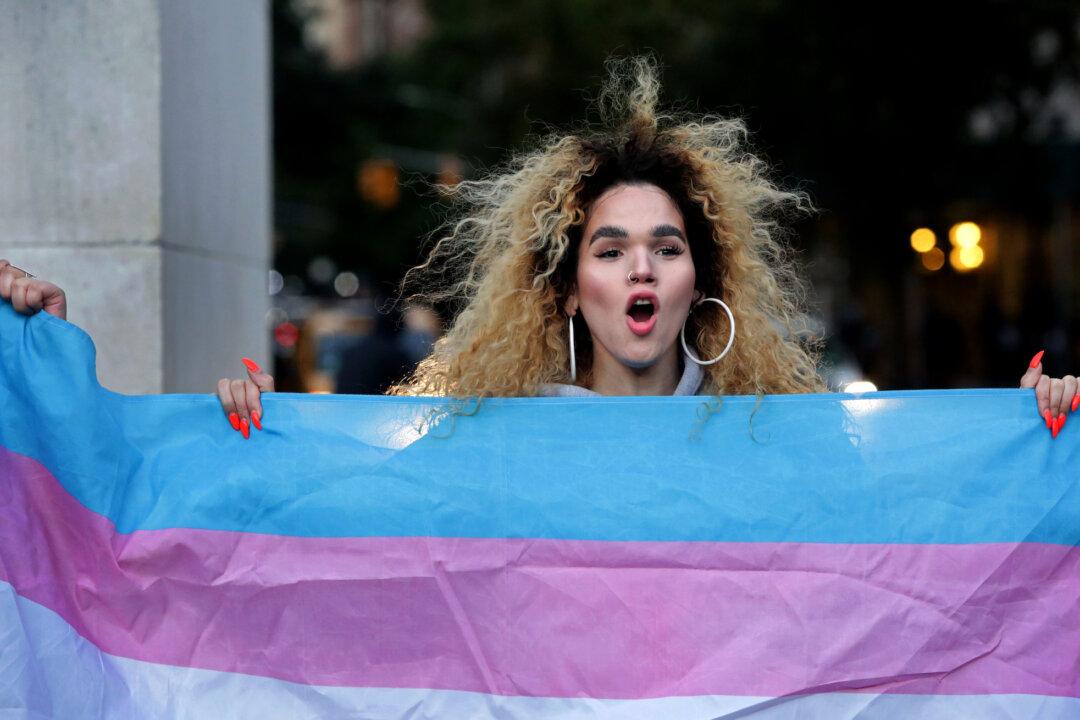Dozens of opponents denounced a San Diego County ordinance they say redefines the meaning of the word “women” and puts women’s rights and safety in jeopardy at a Board of Supervisors meeting on May 10, before the board passed the ordinance by a 3–2 vote.
“No amount of hormones or surgery will turn a man into a woman,” opponent Erin Friday told the board. “Permitting male-bodied people to enter into single-sex spaces, take women’s positions on podiums, [and] take their positions in sports teams is the essence of discrimination.”





